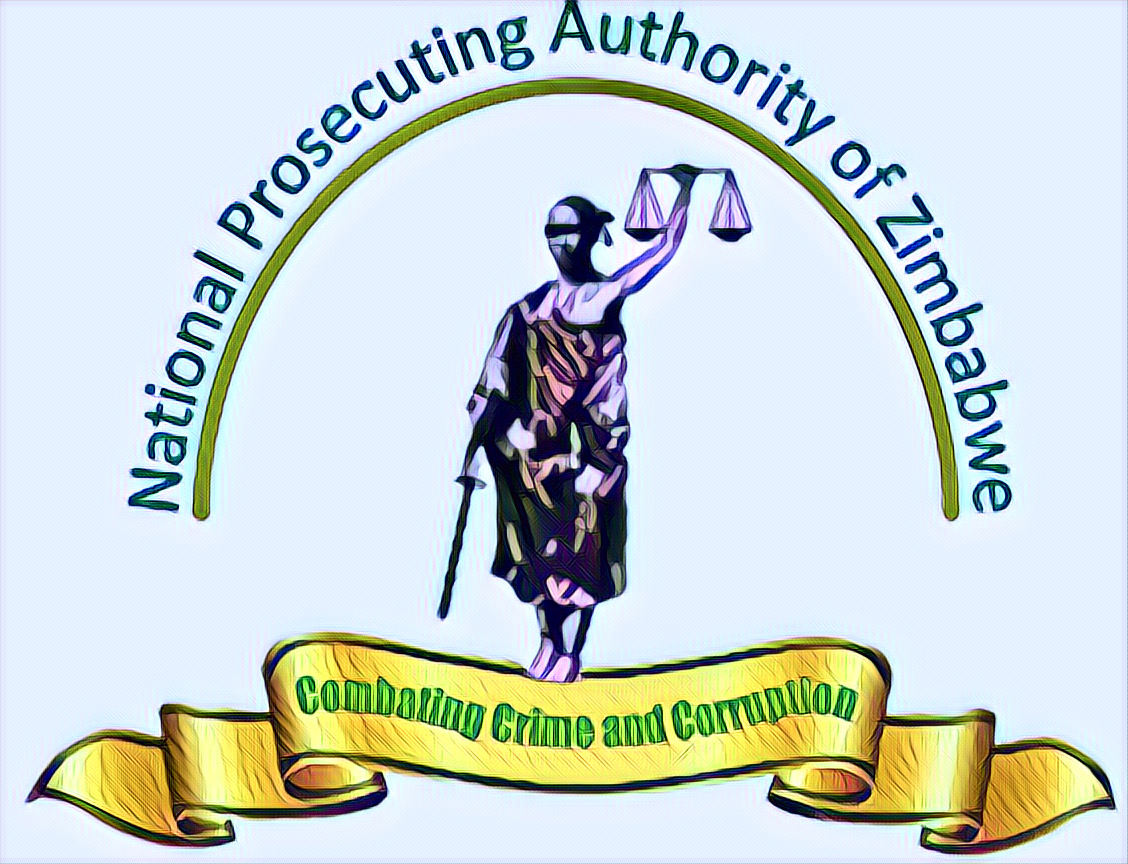The National Prosecuting Authority of Zimbabwe (NPAZ) has made a firm commitment to address the issue of sexual offenses against minors. With a recent statement, the NPAZ has clarified its position on prosecuting cases involving sexual acts and indecent behaviors with individuals under 18 years of age.
The NPAZ’s stance is grounded in the Presidential Powers (Temporary Measures) (Criminal Laws (Protection of Children and Young Persons) Regulations, 2024- Statutory Instrument 2 of 2024. According to this regulation, engaging in sexual relations with a person under the age of 18, regardless of their gender, is a criminal offense. The NPAZ expressed its determination to actively prosecute all instances of sexual intercourse and the performance of indecent acts involving young persons, in line with the provisions of the said Act.
This development follows the invocation of the Presidential Powers Act by President Emmerson Mnangagwa. The Act has led to amendments in the Criminal Law (Codification and Reform) Act, notably raising the age of consent from 16 to 18 years. This change is significant in bridging a critical gap that previously existed in the country’s legal framework.
Under the new Presidential Powers (Temporary Measures) (Criminal Laws (Protection of Children and Young Persons)) Regulations, 2024, encapsulated in Statutory Instrument 2 of 2024, individuals found guilty of pedophilia, which includes sexual relations with minors below 18 years and trafficking them to foreign countries for sex work, will face severe legal consequences. These offenders are now subject to up to 10 years in prison, a move that underscores the government’s commitment to protecting the rights and well-being of minors.
Prior to these amendments, the Constitution of Zimbabwe recognized children as those below the age of 18, whereas the Criminal Law (Codification and Reform) Act defined a young person as someone under the age of 16. This discrepancy in legal definitions created a vulnerability in the law, potentially exposing children aged 16 and 17 to sexual exploitation. The recent changes address this vulnerability, providing a more comprehensive legal protection to all individuals under the age of 18.
The NPAZ’s announcement is a clear indication of Zimbabwe’s efforts to strengthen its legal framework to safeguard the rights of children and young persons. By ensuring that the legal system is in alignment with the Constitution’s definition of a child, the authority is taking a significant step towards closing the gaps that have allowed for the sexual exploitation of minors.
In conclusion, the NPAZ’s commitment to prosecute all cases involving sexual offenses against minors is a commendable move. It reflects a broader societal shift towards recognizing and upholding the rights of children and young persons in Zimbabwe. The amendments brought about by the Presidential Powers Act serve as a crucial foundation for this commitment, ensuring that the law adequately protects minors from sexual exploitation and abuse.


